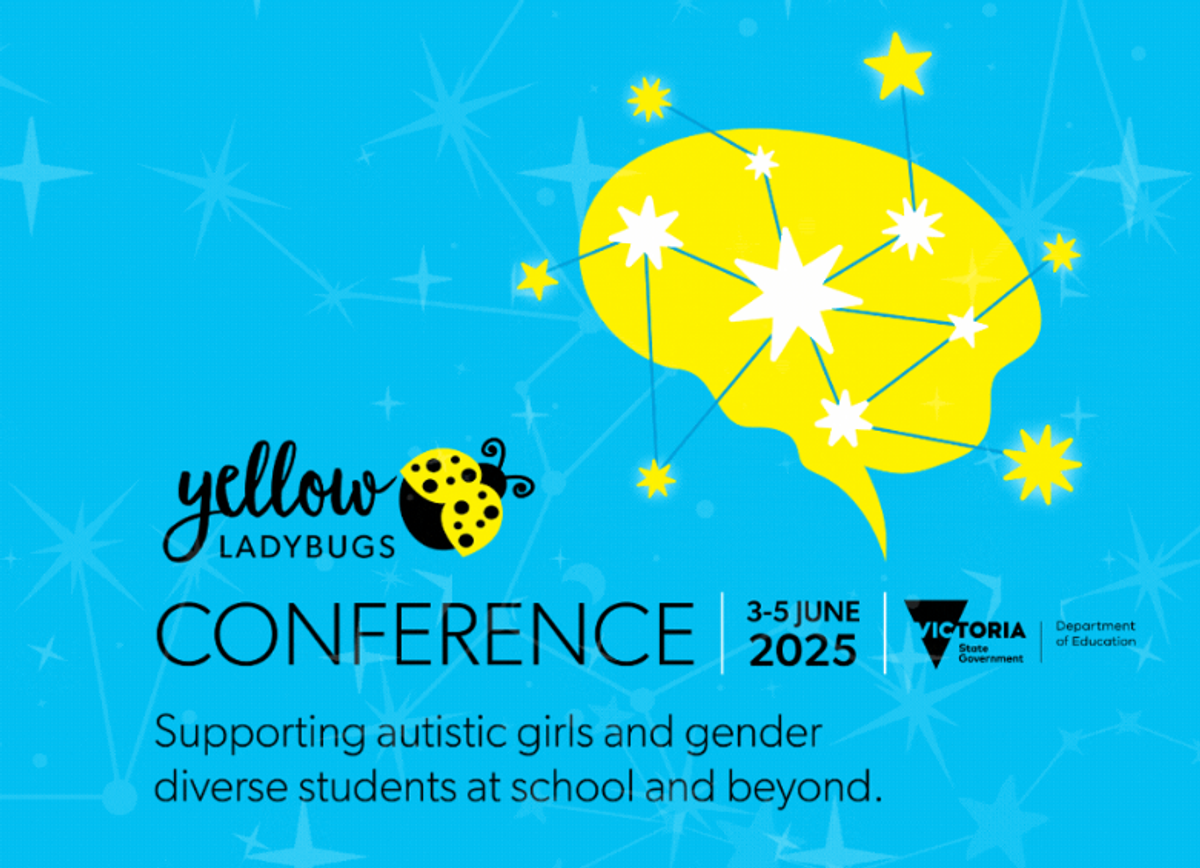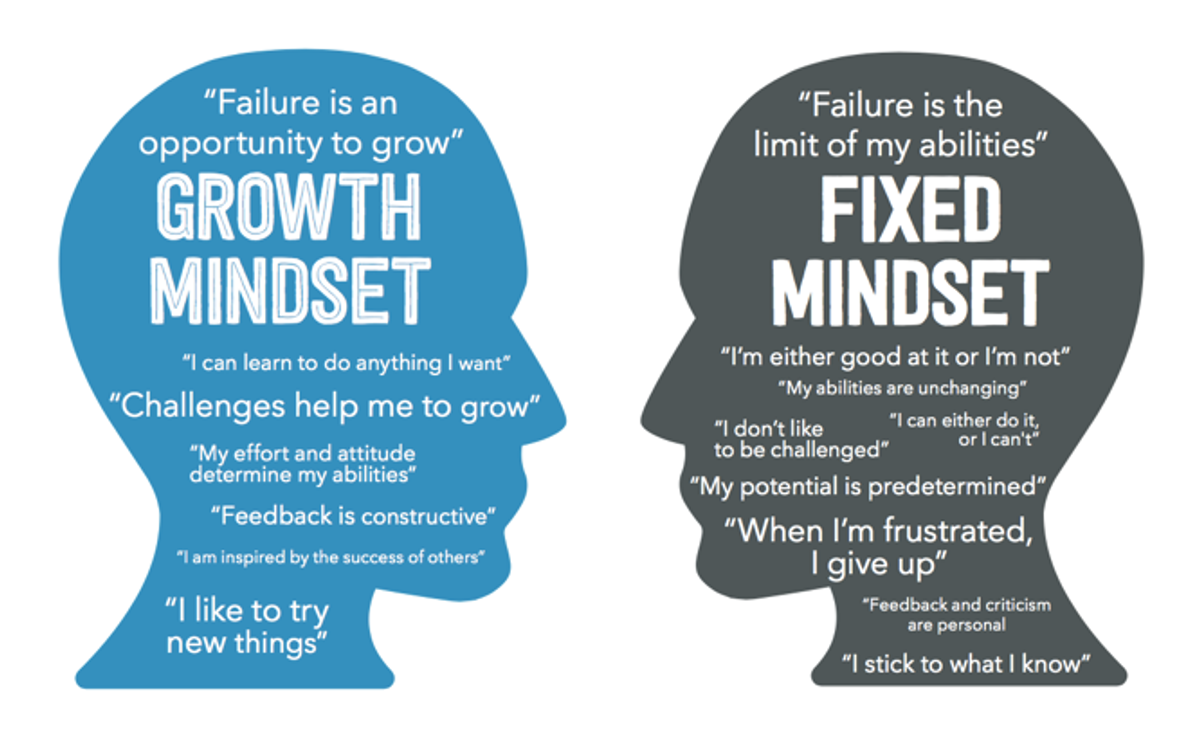INCLUSION

Yellow Ladybugs Conference
The Yellow Ladybugs Conference is a wonderful conference focusing on supporting Autistic girls and gender diverse students at school and beyond. You can choose to participate online, in person or a combination of both.
About the Conference
What does it truly take to support autistic girls and gender-diverse students? Understanding is only the first step. We believe meaningful action is what drives real change, especially in addressing the often hidden and overlooked needs of our ladybugs.
The 2025 Yellow Ladybugs Conference is your opportunity to learn from over 50 different perspectives, blending lived and professional expertise. You will gather authentic insights and practical tools to create safer, more inclusive spaces for our ladybugs.
Who is this Conference for?
The conference is for anyone passionate about creating safer, more inclusive environments for our ladybugs:
- Parents and carers seeking strategies to support sensory needs, emotional well-being, relationships, and their own self-care.
- Educators looking for practical tools to build neuro-affirming classrooms and effectively support high-masking students.
- Allied health professionals aiming to refine their practice with up-to-date lived experience insights and evidence-based approaches.
- Autistic girls and gender-diverse folk who want to celebrate their identity, gain practical tools, and connect with a supportive community.
What can you expect?
The 2025 Yellow Ladybugs Conference offers three transformative days of online interactive content, including expert panels, in-depth presentations, and immersive spaces designed with our community’s unique needs in mind.
Day 1: Building FoundationsLearn strategies for creating inclusive classrooms, supporting anxiety responses, and fostering sensory inclusion. Discover tools for parents and carers to manage stress and avoid burnout.
Day 2: Deep Dives into Hidden NeedsExplore topics like interoception, monotropism, family dynamics, and identifying high-masking autistic students. Hear from experts blending lived and professional perspectives on these often-overlooked challenges.
Day 3: Relational Safety and EmpowermentGain insights into masking, people-pleasing, and microtraumas. Celebrate sensory joy and special interests as protective factors, and learn how to support students with Pathological Demand Avoidance (PDA).
What sets this conference apart is its interactive format. The purpose-built virtual platform replicates the energy of a live event, with a virtual stage, resource booth, sensory room, and more. For Hybrid (in-person) attendees on Day 3, enjoy catered lunch, gift bags, sensory-friendly networking, and access to exhibitors.
Find out more: Yellow Ladybugs
Virginnia Gilham – Inclusive Practices Leader
Growth Mindset
You may have heard your child talking about a Growth Mindset - or The Power of Yet.
In our Learning To Learn sessions and our daily classroom interactions we are fostering students to believe in themselves and to adopt a growth mindset in their approach to tasks.
You may have heard people say“I’m no good at maths” or “I can’t play football”. These statements usually represent a fixed mindset approach. On the other hand a person that says “I’m no good at maths yet” or “I am still learning to play football” demonstrates a growth mindset. Research by Carol Dweck has shown that a fixed mindset approach can inhibit our ability to try something new, different or challenging and as a result, we can close our mind off to new learning.
The power of yet involves changing the fixed mindset statements we might make to include the word yet, which can completely shift our mindset and our approach to new and more challenging tasks. A child that says “I don’t know my tables” can be closed off to new learning and can be quite hesitant to attempt them because they are difficult. A child that can use and believe the statement “I don’t know my tables yet” remains open to the learning, typically showing greater persistence and resilience when learning about the concept or skill they are finding a challenge.
Below is a link to a Ted Talk by Carol Dweck, explaining how this works and its impact in schools. While this video is largely aimed at educators, there are some great key points you can also use at home in conversations with your children about concepts, skills or ideas they are finding a challenge.
One little word - yet - can make a big difference to our persistence and resilience!
The power of believing that you can improve | Carol Dweck | TED



